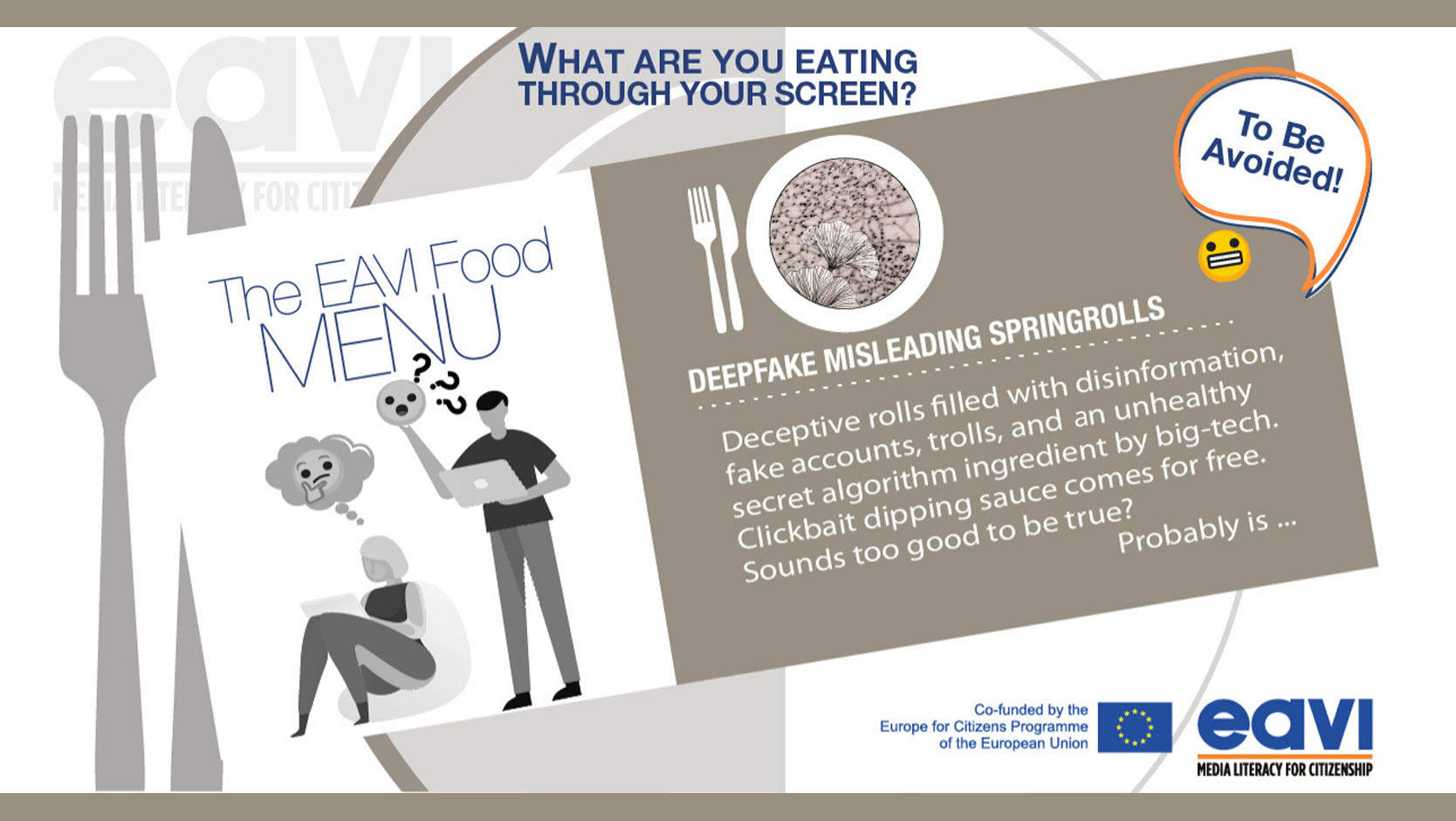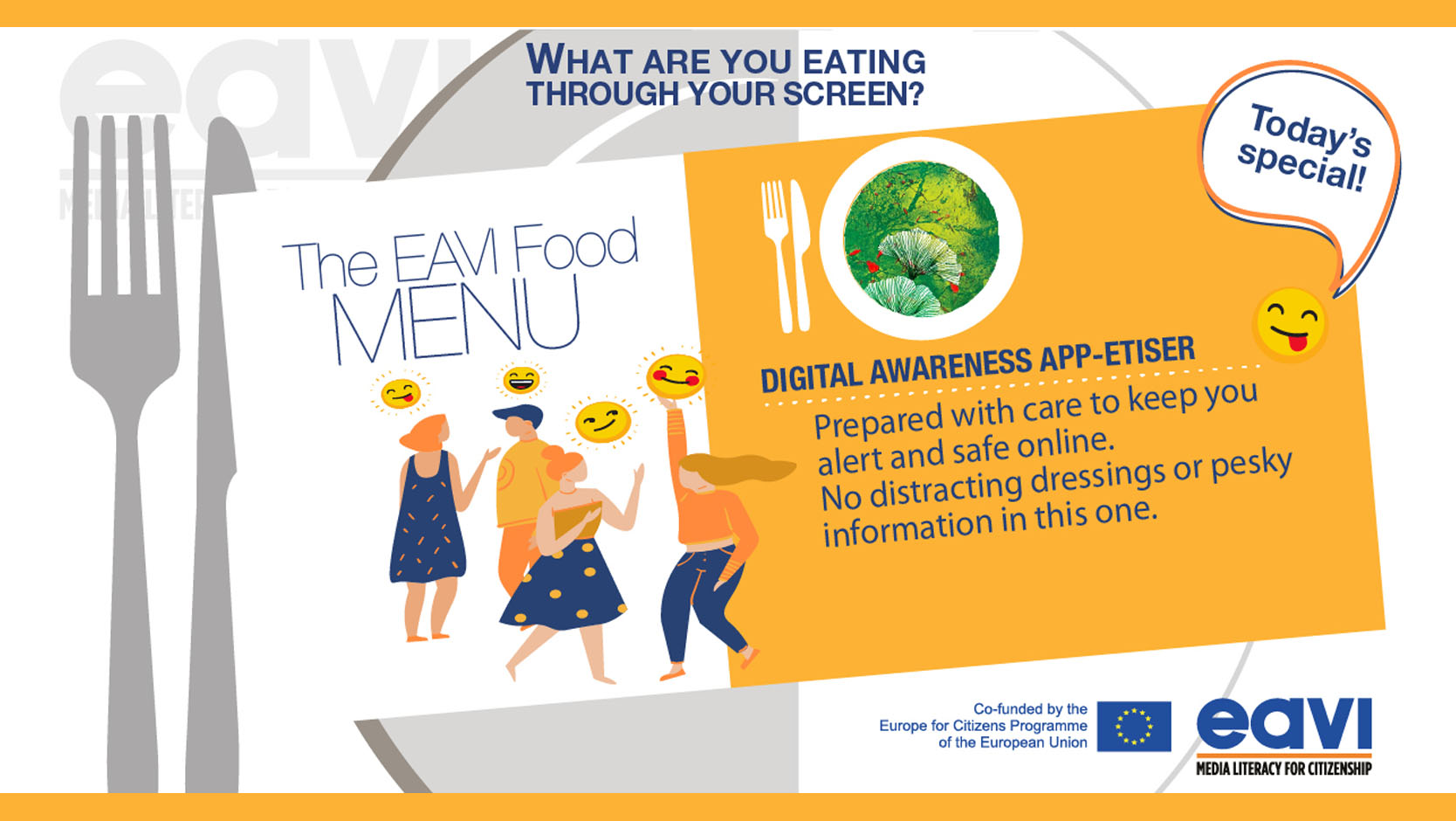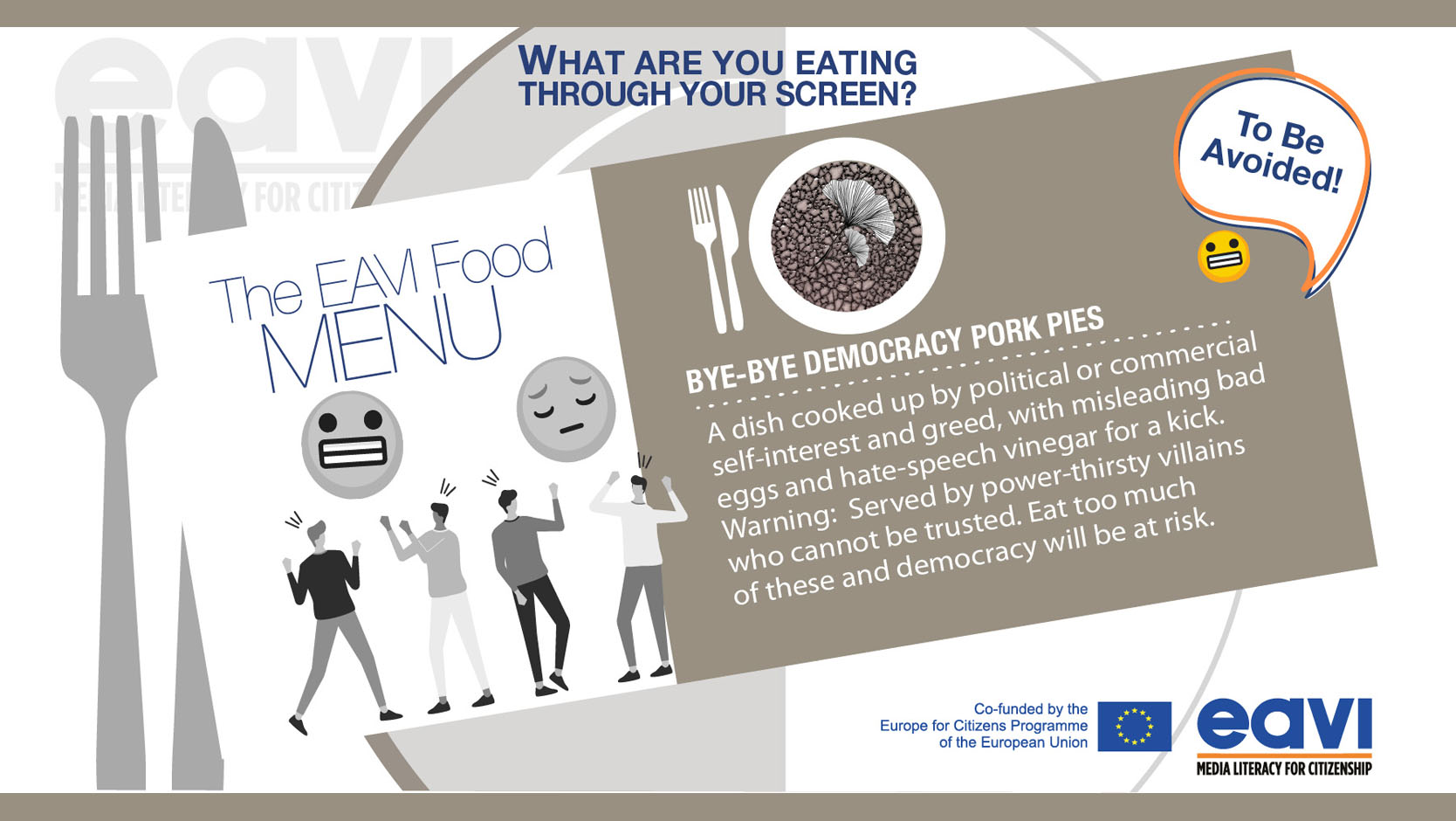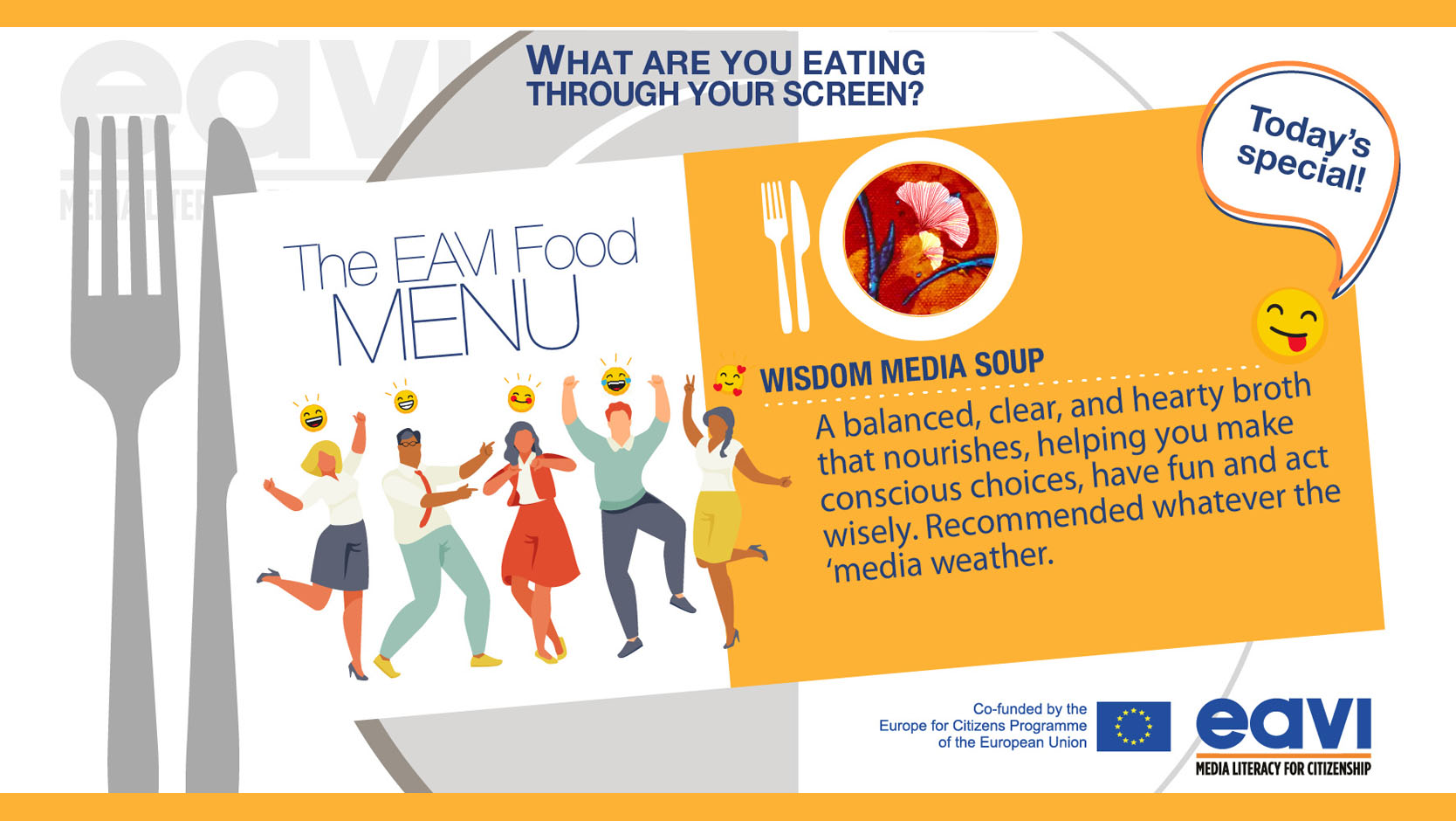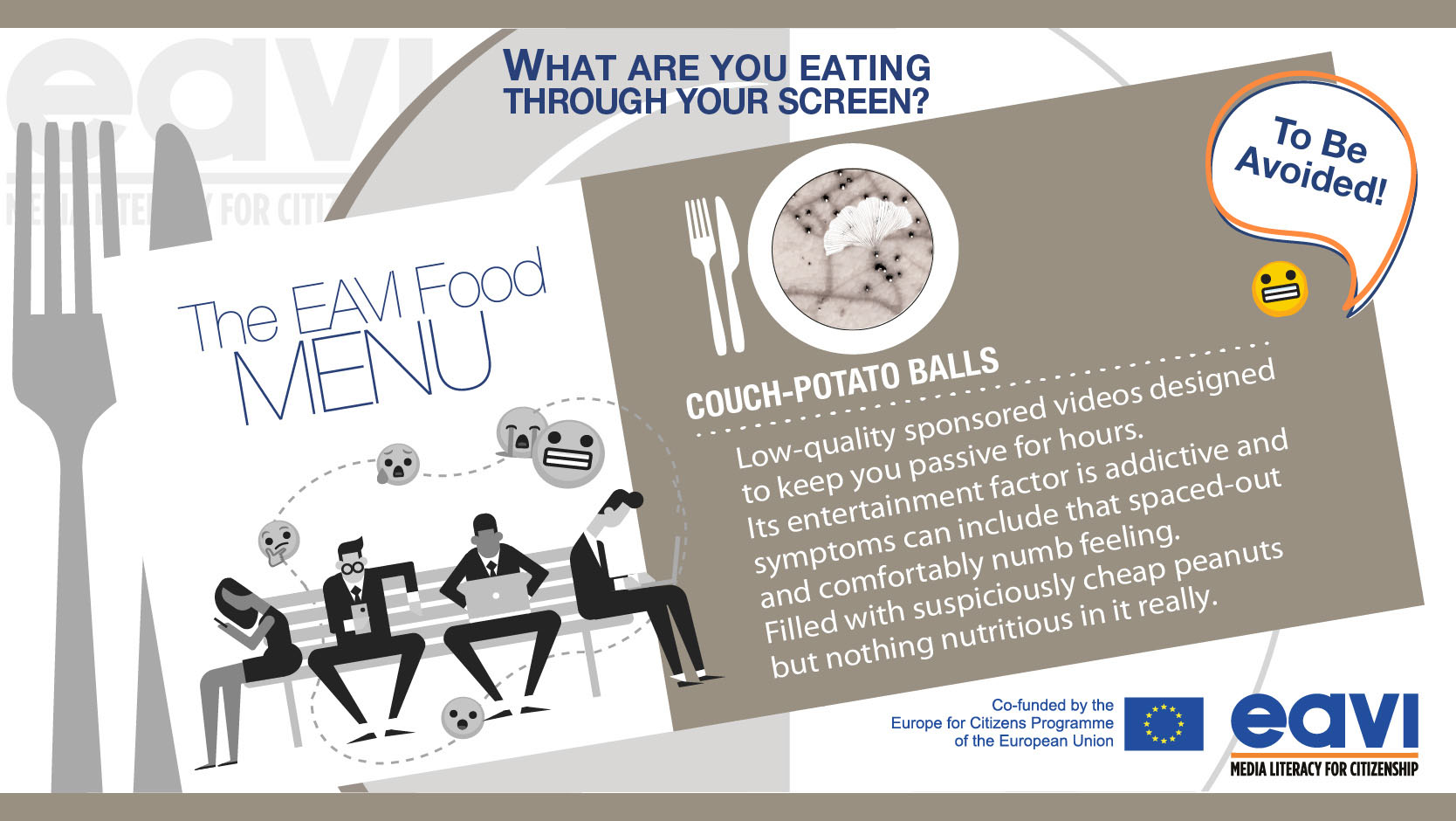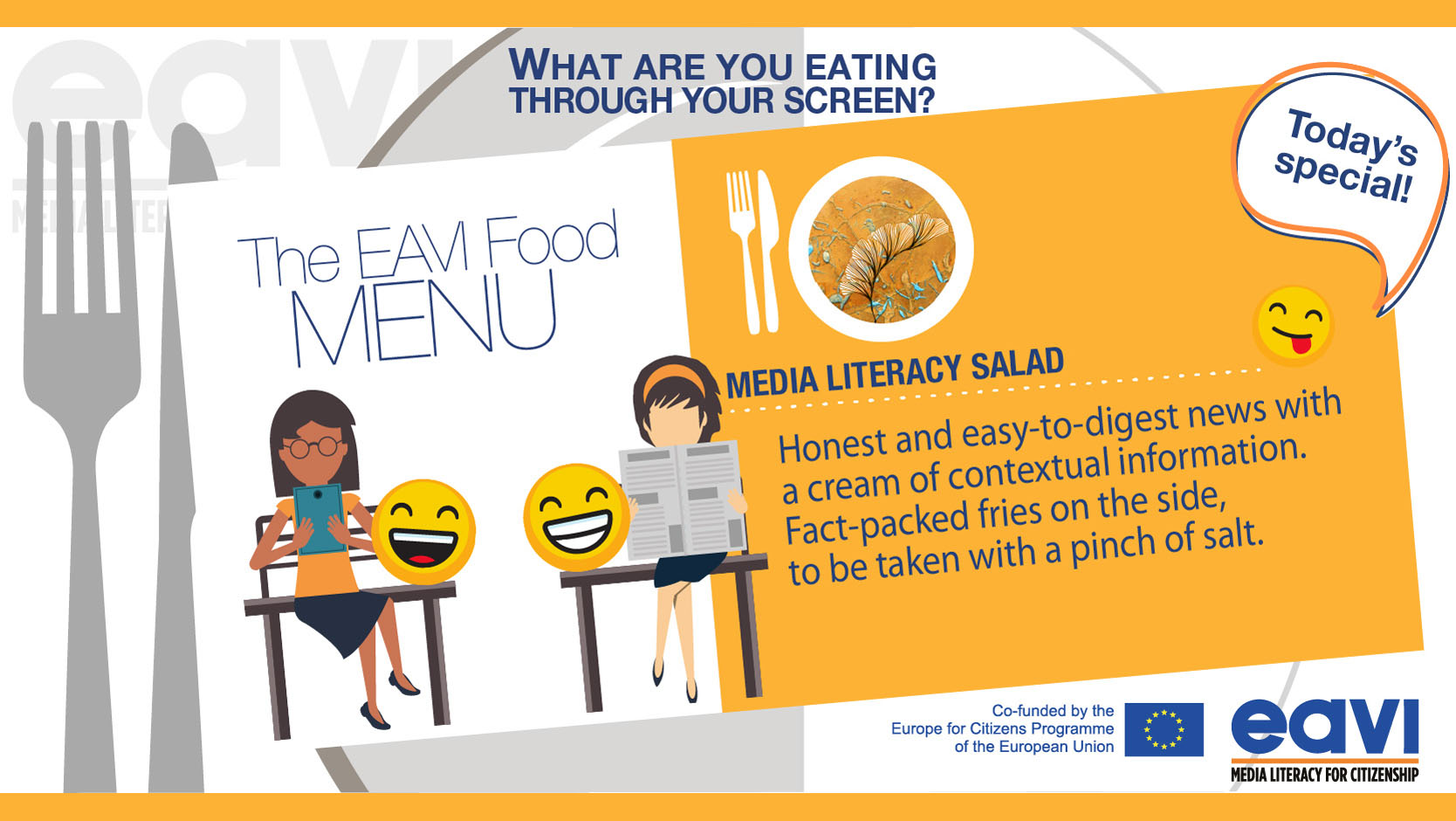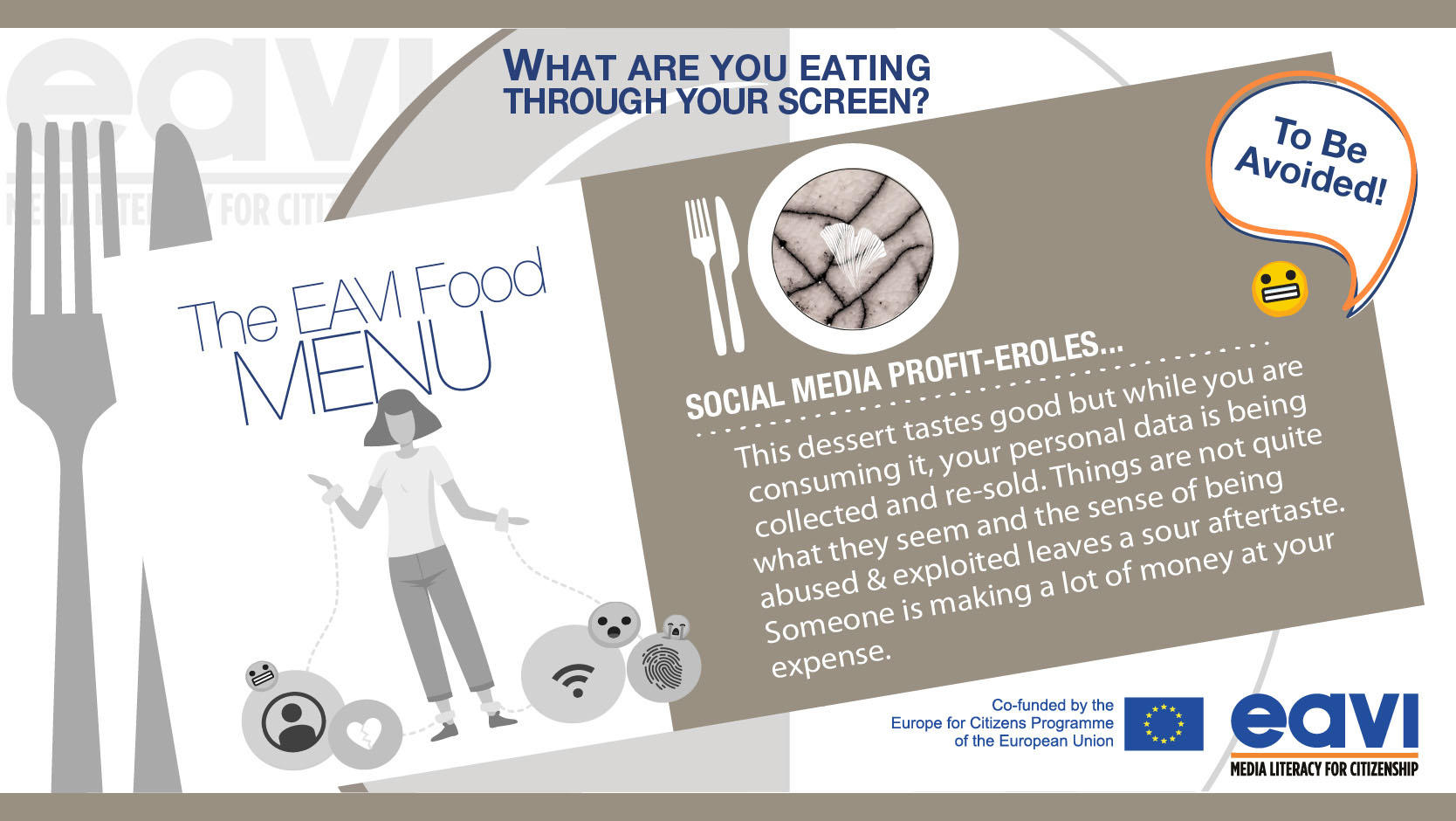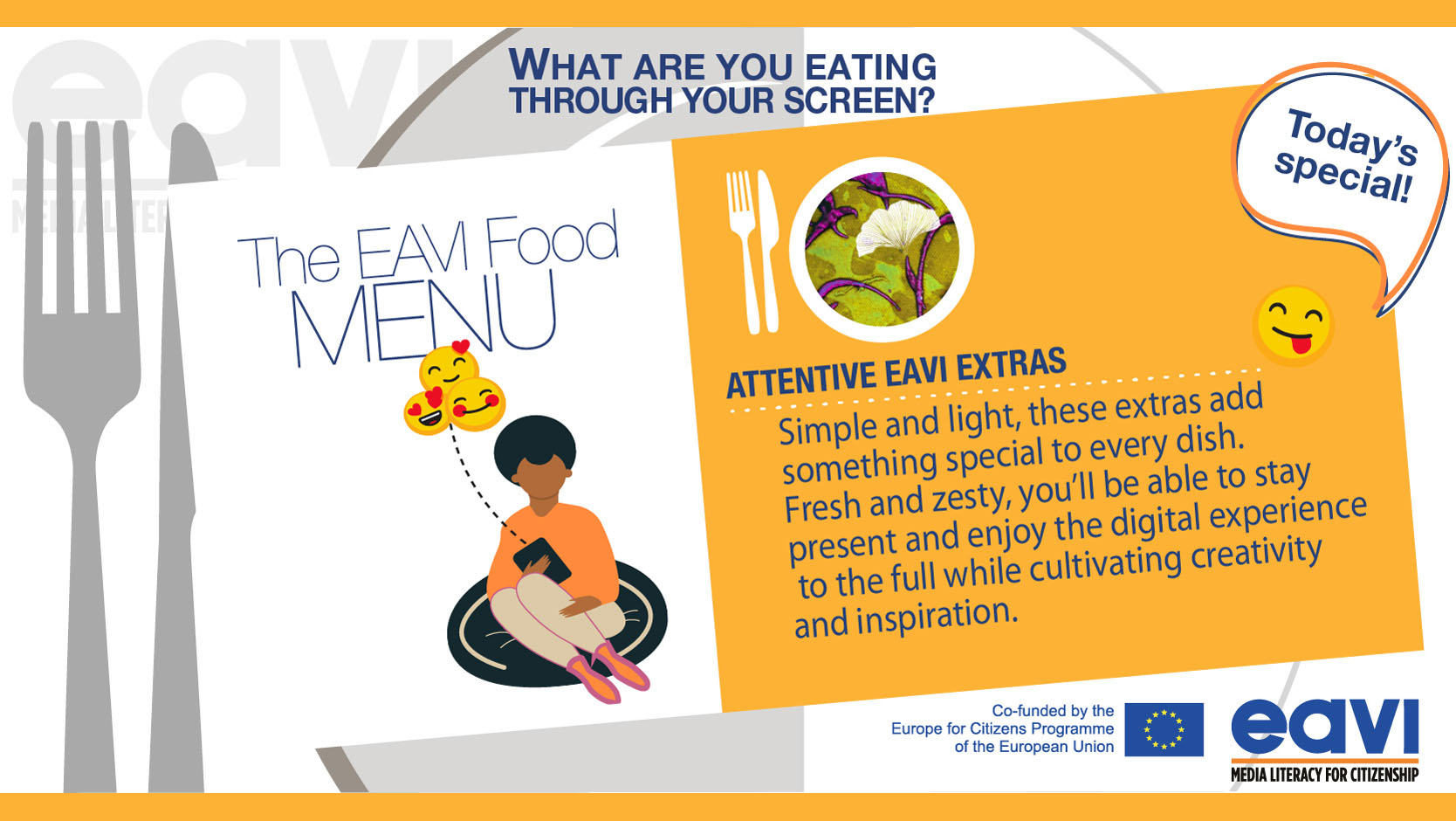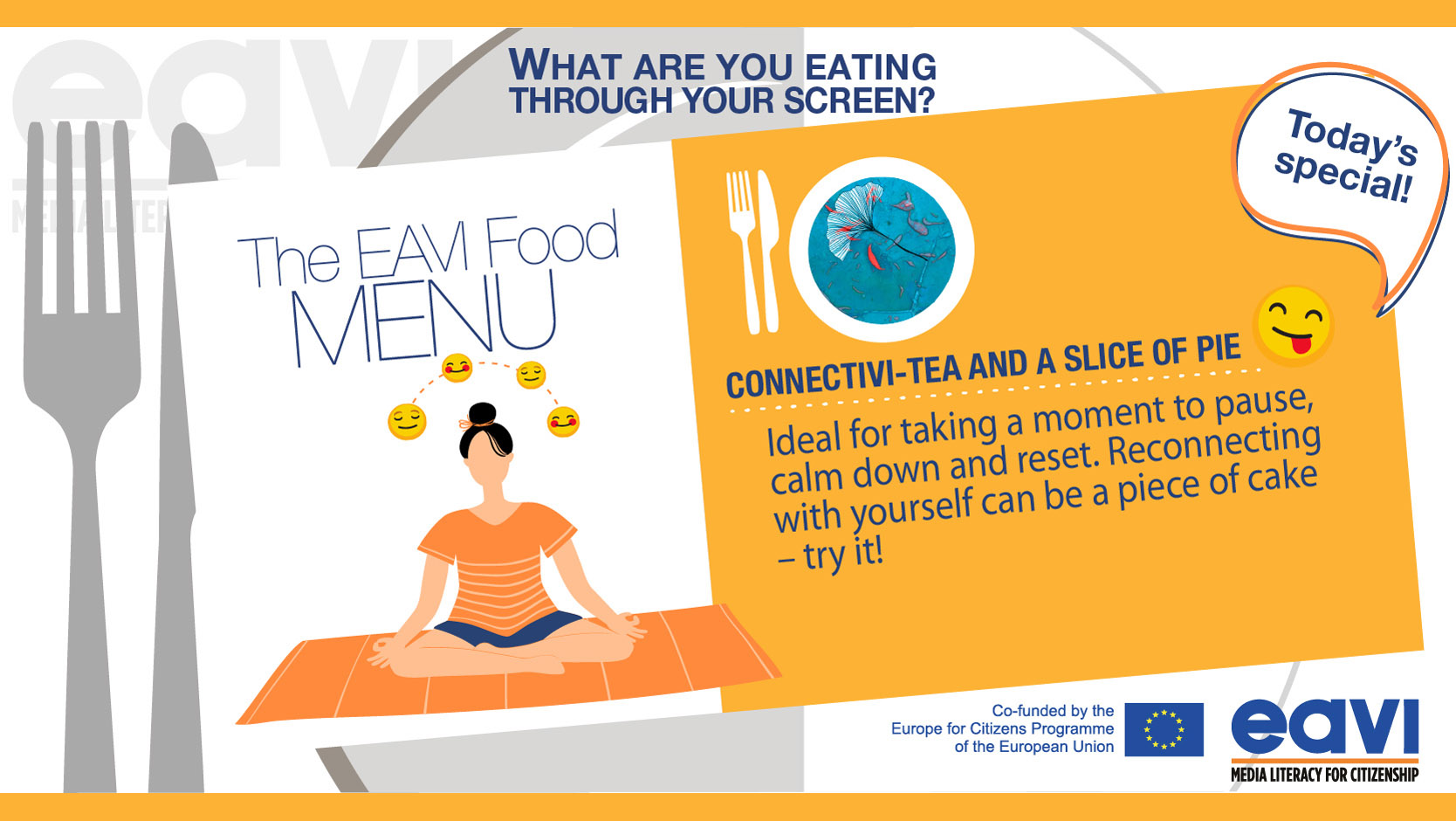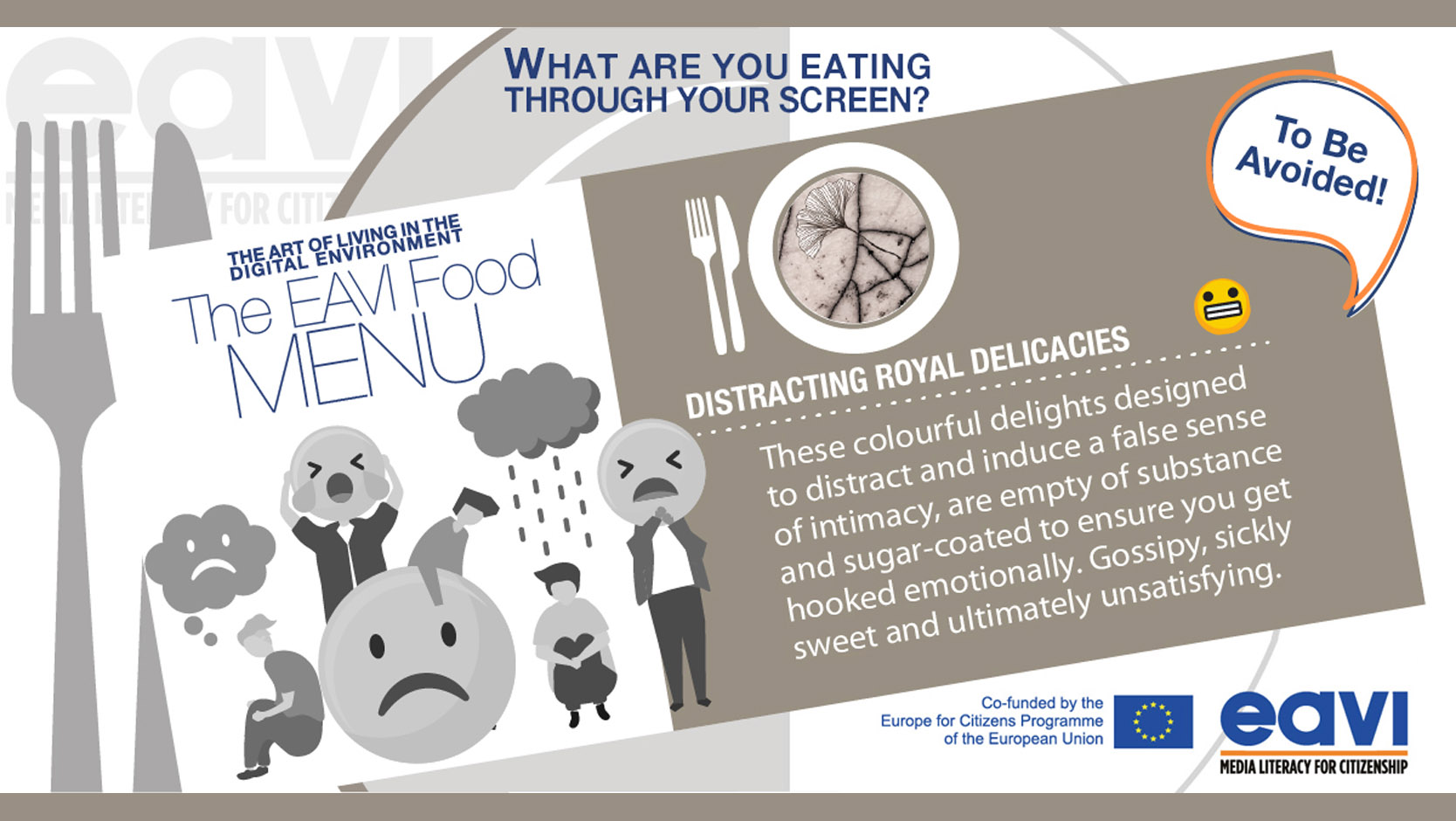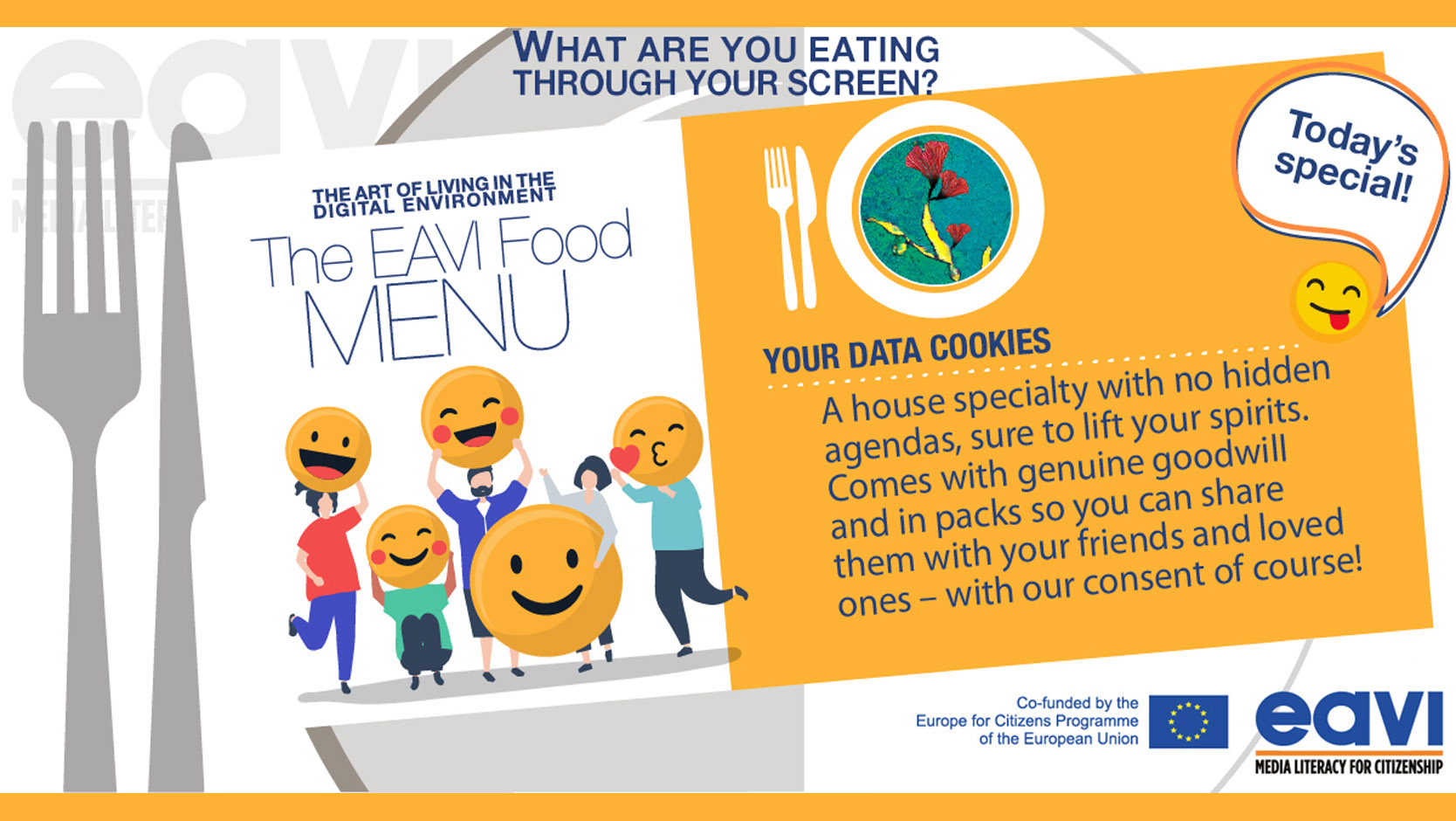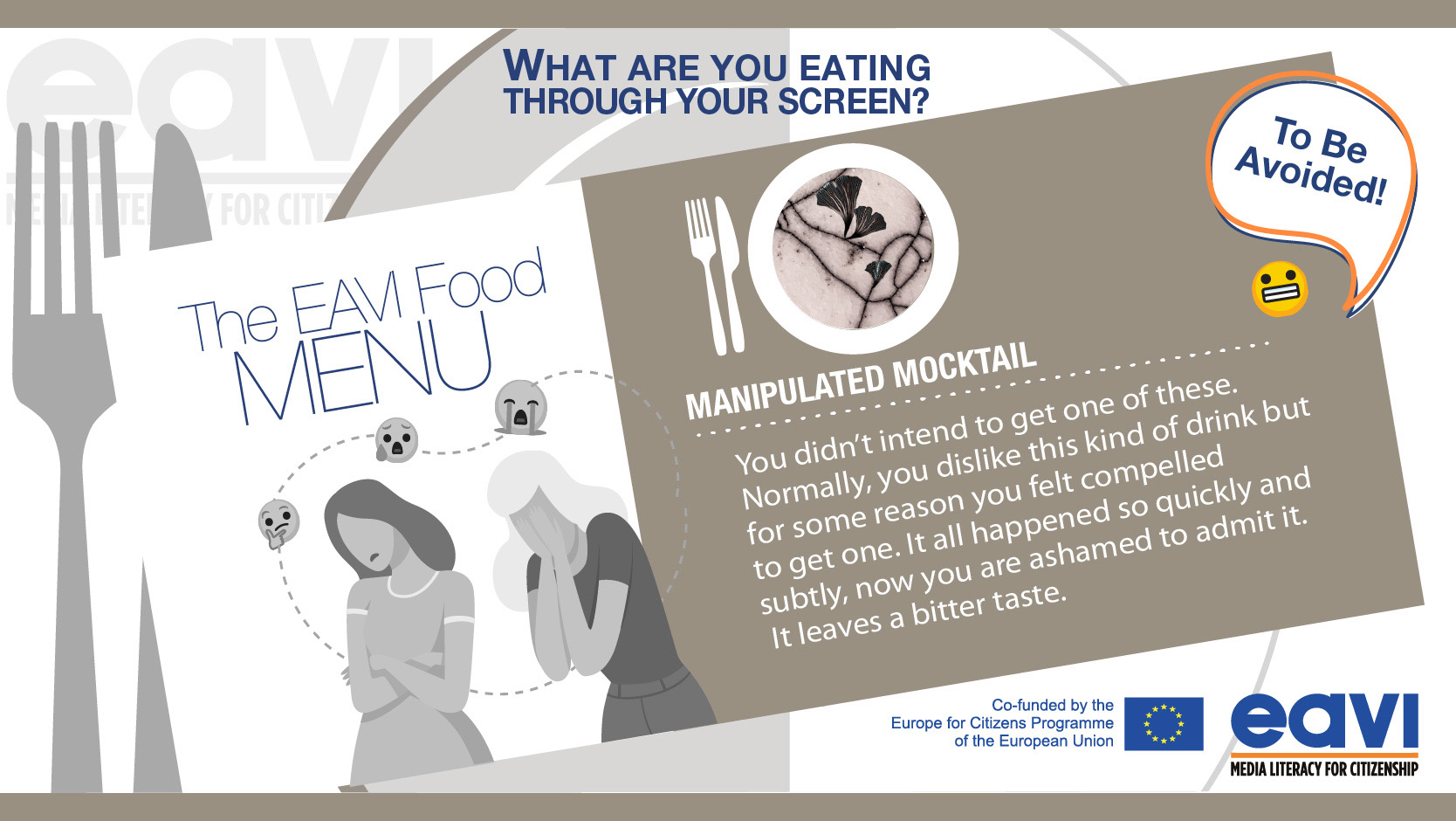
You didn’t intend to get one of these. Normally, you dislike this kind of drink but for some reason you felt compelled to get one. It all happened so quickly and subtly, now you are ashamed to admit it. It leaves a bitter taste.
The manipulated mocktail can come with a whole variety of ingredients: software you didn’t want to install but that somehow installed itself. Viruses that snuck into your system, attached to that weird weight loss commercial mail you got. Sites that you didn’t want to open but some strange links in your inbox led you to them. Things you didn’t want to buy, but somehow your impulses got the best of you.
We need to keep in mind that the internet was invented in more innocent times. This means that it offers all kinds of opportunities for criminals and aggressive marketers, because it was not really designed with those people and the harm they could do in mind. To not fall prey to online villains, it helps to follow an essential rule of online safety established by Danielle Smalls and Greg Wilson1:
Learn More
Here, you can find more tips for how to stop impulse buying. Additionally, here are some more tips and an interactive guide on how to stay safe online.
Resources
1: Smalls, D; Wilson, G (2021). Ten quick tips for staying safe online. PLoS Computational Biology, vol 17, issue 3. doi: 10.1371/journal.pcbi.1008563
2: Moser, C.; Schoenebeck, S. & Resnick, P. (2019). Impulse Buying: Design Practices and Consumer Needs. Proceedings of the 2019 CHI Conference on Human Factors in Computing Systems, pp.1-15. doi: 10.1145/3290605.3300472

